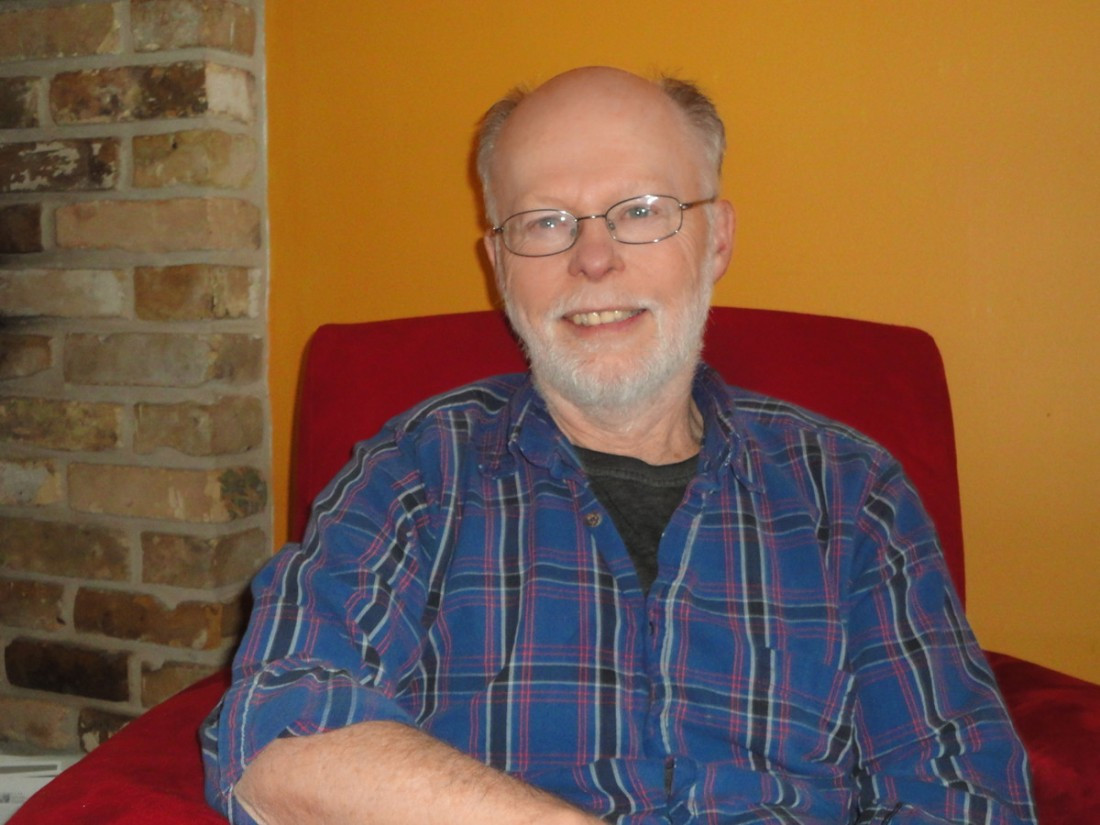A silver lining
U of W urban and inner-city studies chair authors new book on poverty in Canada
Jim Silver has long provided a voice against the status quo.
Back in 1995, he told masses of Jets fans that sheer willpower would not be enough to retain them in the city. Instead of simply bailing the hockey team out, planning would have to be done to ensure that they would be able to thrive. Part of such preparation would be using the money suggested for a subsidized rink to improve city conditions. Especially the urban poverty situation.
In the end, we’ve seen that he was right. He makes an excellent point in his new book About Canada: Poverty. In the small volume, the professor and chair of the University of Winnipeg’s Urban and Inner-City Studies distills over 15 years’ worth of knowledge from working in Winnipeg’s inner city to argue that smart government action must be taken to help eliminate the problem of poverty; simply throwing money at it won’t make it go away.
“An examination of poverty in Canada shows that we have high levels of poverty, and we don’t have to have those high levels. Governments and citizens have the power to change it,” Silver says.
“Poverty is much more than just a lack of income,” he insists, addressing the notion of “complex poverty” in his book.
“Complex poverty is how the shortage of income is compounded by poor housing conditions, poor health conditions and a lack of education.”
Silver says that a large problem is the way the feds treats poverty, noting that the provincial government has been required to do most of the work in Winnipeg. He suggests that to be able to truly change the poverty landscape, the federal governments will have to become more involved in both planning and funding efforts to combat it.
Not only would fighting poverty be the ethical thing for the government to do, he says, but it would also be financially beneficial. Part of the examination of Canadian poverty includes a cost-benefit analysis of fighting poverty, which shows that it would actually be profitable to eliminate poverty in the long-run.
While the biggest change will have to come via the provincial government, Silver also suggests some ways the municipal government could help create change: it could “improve recreational facilities, reduce bus fares for low-income families, examine the low-income rental housing situation and reassess their Aboriginal hiring policy.”
About Canada: Poverty provides an unflinching look at the urban poverty situation, but also a call to action for both the common person and those in power.
The takeaway according to Silver?
“Read the book.”
Silver, along with his co-authors, won the 2013 Manitoba Book Award for Non-Fiction for Indians Wear Red: Colonialism, Resistance, and Aboriginal Street Gangs. He is currently working on Housing Matters: Low-Income Rental Housing in Winnipeg.
Published in Volume 69, Number 13 of The Uniter (November 26, 2014)







